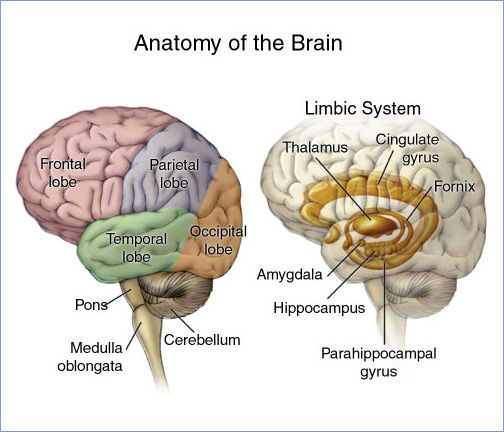
Carl Jung, Sigmund Freud, and Abraham Maslow are giants in the realm of psychology, each providing unique paradigms that have significantly shaped our comprehension of the human psyche. These psychologists introduced groundbreaking theories that still serve as foundations for modern psychological thought and practice.
Sigmund Freud, who was born in 1856 in Austria, was a revolutionary neurologist who profoundly explored the domains of the conscious and unconscious mind. His pioneering theories introduced ideas such as the id, ego, and superego—elements of the psyche that interact to affect behavior. Freud argued that an imbalance among these components could result in anxiety and mental health issues. His theory of psychosexual development suggested that early life experiences influence adult personality and behavior, asserting that unresolved conflicts from childhood could surface as mental health problems later in life. Freud’s The Interpretation of Dreams proposed that dreams unveil repressed desires from the unconscious, encoded and articulated through symbols. Moreover, Freud presented defense mechanisms as unconscious strategies to shield the ego from internal disruptions. His concept of libido as a life force highlighted the significance of subconscious drives in motivating human conduct.
Abraham Maslow, another prominent figure in psychology, is most renowned for his Hierarchy of Needs, a motivational theory consisting of five ascending tiers of human requirements. Maslow depicted these needs in a pyramid structure. At the lowest level lie basic physiological needs such as food and shelter, which are essential for survival. Once these are fulfilled, individuals pursue safety, love and belonging, esteem, and ultimately, self-actualization—the fulfillment of one’s potential. Maslow’s theory emphasized the necessity of meeting fundamental needs to enable deeper personal growth, indicating that few people attain genuine self-actualization. His hierarchy, which was later expanded to encompass cognitive, aesthetic, and transcendence needs, provided a comprehensive perspective on human motivation and personal evolution.
Both Freud and Maslow significantly influenced psychological understanding. Freud’s investigation of the unconscious established the groundwork for psychoanalytic therapy, while Maslow’s focus on human potential galvanized the humanistic psychology movement. Their legacies have secured their lasting importance in exploring the nuances of human behavior and mental processes.
References
Cherry, Kendra. “Life and Death Instincts Are Opposing Urges.” Verywell Mind, Verywell Mind, 22 Apr. 2024, www.verywellmind.com/life-and-death-instincts-2795847. Accessed February 2025
Freud, Sigmund, et al. “Sigmund Freud: Theories and Influence on Psychology.” Verywell Mind, 18 July 2024, https://www.verywellmind.com/sigmund-freud-his-life-work-and-theories-2795860. Accessed February 2025.
Guerin, W. L., Labor, E., Morgan, L., Reesman, J. C., & Willingham, J. R. (1992). A Handbook of Critical Approaches to Literature (3rd ed.). New York: Oxford University Press. Accessed February 2025
Jay, Martin Evan. “Sigmund Freud | Biography, Theories, Psychology, Books, Works, & Facts.” Britannica, 12 February 2025, https://www.britannica.com/biography/Sigmund-Freud. Accessed February 2025.
McLeod, Saul. “Maslow’s Hierarchy of Needs.” Simply Psychology, 24 January 2024, https://www.simplypsychology.org/maslow.html. Accessed February 2025.
Traylor, Jessica, et al. “Psychodynamic Theory: Freud – Individual and Family Development, Health, and Well-being.” Iowa State University Digital Press, n.d., https://iastate.pressbooks.pub/individualfamilydevelopment/chapter/freuds-psychodynamic-theory/. Accessed February